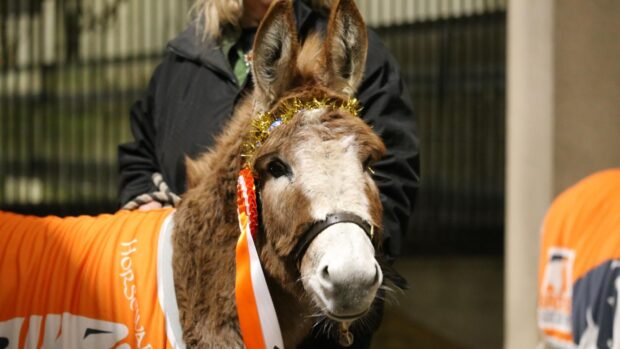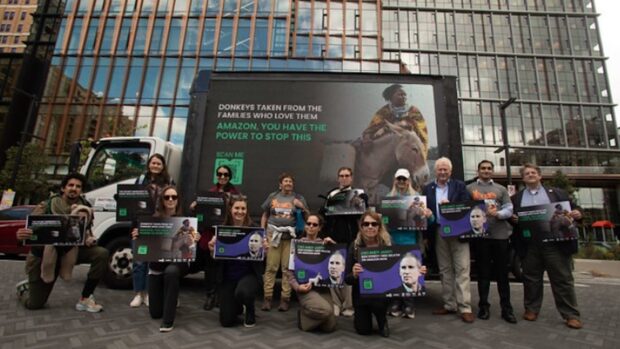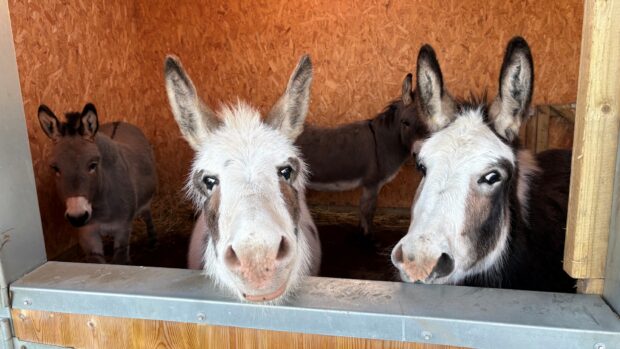A 10-year ban has been announced on the donkey skin trade in Tanzania, after fears were raised about the “alarming” decline in the country’s donkey population.
The news has been welcomed as a “strong step in the right direction” by those who have been campaigning against the trade.
H&H has reported on declining donkey populations in a number of countries owing to the demand for eijao, a substance found in the skin that is used in Chinese health and beauty products. Equine charity Brooke is among those calling for a worldwide ban on the trade of donkey skins, and a crackdown on smuggling of the animals across borders.
“This announcement is a fantastic step in the right direction for donkeys and their owners in east Africa,” a Brooke spokesman told H&H.
“We understand that Tanzania has initiated the ban because they are concerned about donkey numbers, which have been rapidly decreasing. Whilst we would like a more permanent ban based on the welfare of donkeys as well as population, we are still very pleased to have this ban in place. We will continue to work with the government to strengthen bans in Tanzania and other countries in Africa.”
There were an estimated 300,000 donkeys in Tanzania, but the number has been dropping rapidly. The country banned donkey slaughter in 2017 but this was overturned in February 2018, allowing slaughterhouses to reopen.
Hundreds of thousands of donkeys are being slaughtered for their skins and exported every year. In many cases, they are stolen from families who depend on them for their livelihood, driven long distances without food or water and killed in “horrific” circumstances.
Simon Pope, tactical response lead at the Donkey Sanctuary, told H&H: “Concerted pressure over many months has convinced the Tanzanian authorities that the skin trade must be halted as donkeys are more valuable alive, as working animals sustaining livelihoods in impoverished, rural communities. In the meantime, we have successfully supported villagers in northern Tanzania, with measures such as a bike patrol scheme to protect donkeys from theft, and we share their relief at knowing they can wake up each morning to find their donkeys alive and well rather than stolen and slaughtered for their skins.”
Brooke has two petitions against the donkey-skin trade; one calling on world leaders to ban it, the other to the Intergovernmental Authority on Development (IGAD) asking for a targeted ban in eastern Africa.
You might also be interested in:

Donkey populations at collapse point as animals endure horrific conditions
‘Pregnant jennys, foals and sick animals are being stolen and transported miles without food, water or rest’

Owners dress donkeys in trousers and shirts to beat deadly fly menace

Mystery of ‘severely neglected’ donkey found dead in shipwreck with legs bound together
Police are investigating the 'clear offence' that had taken place before the donkey's body was discovered on a beach

Subscribe to Horse & Hound magazine today – and enjoy unlimited website access all year round
Horse & Hound magazine, out every Thursday, is packed with all the latest news and reports, as well as interviews, specials, nostalgia, vet and training advice. Find how you can enjoy the magazine delivered to your door every week, plus options to upgrade your subscription to access our online service that brings you breaking news and reports as well as other benefits.




